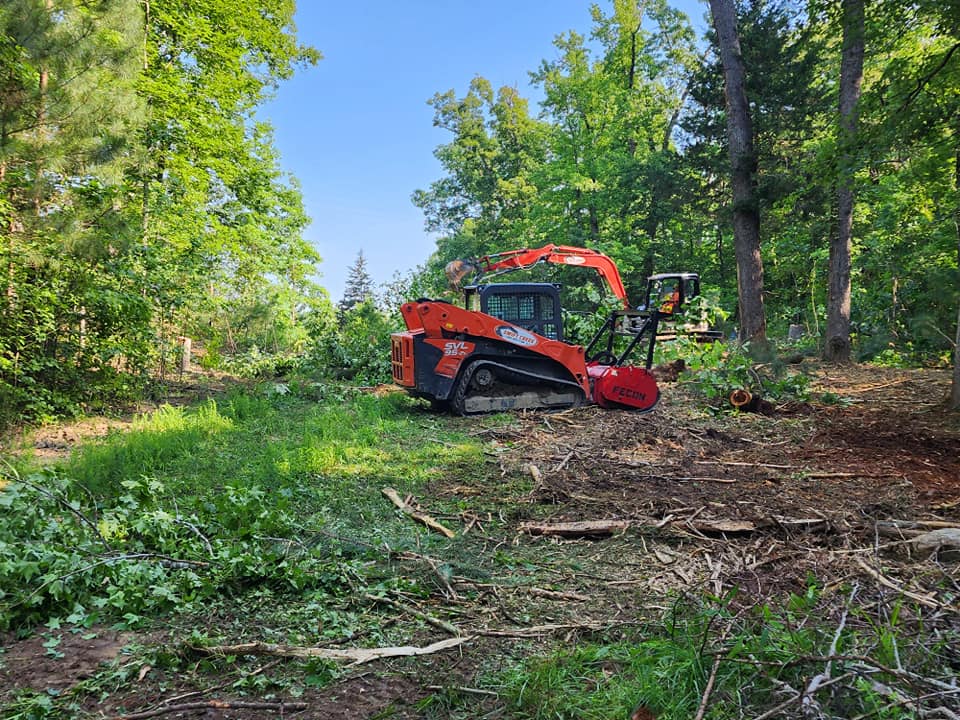
Understanding the Environmental Impact of Excavation and How We Mitigate Risks Nov 15, 2025
The environmental impact of excavation primarily stems from soil erosion, habitat disruption, and potential pollution of water bodies due to sediment runoff. These factors can significantly alter the ecosystem if not managed properly. Therefore, understanding the full scope of these impacts and implementing effective mitigation strategies is essential for responsible excavation practices.
One primary concern is soil erosion, which occurs when topsoil is displaced during excavation. This displacement can lead to the loss of fertile soil and habitat for local flora and fauna. At Swift Creek Construction, we mitigate this risk by implementing erosion control measures such as silt fences and retaining walls. These structures help to secure the soil in place and reduce the risk of erosion.
Another significant environmental impact is the disturbance of local habitats. Excavation can disrupt the delicate balance of ecosystems, affecting the plants and animals that reside there. We prioritize careful site planning to minimize habitat disruption. By conducting thorough assessments before we begin, we are able to identify and protect key environmental features and wildlife habitats.
Furthermore, excavation activities can contribute to water pollution if proper precautions are not taken. Sediment from disturbed soil can be carried into streams and rivers, leading to turbidity and degradation of water quality. To prevent this, our team employs best management practices, such as sediment traps and buffer zones, to trap and filter soil runoff. This not only protects nearby water bodies but also complies with local environmental regulations.
Swift Creek Construction also emphasizes the importance of reducing emissions from excavation equipment. Construction machinery contributes to air pollution and greenhouse gas emissions, which can exacerbate climate change. We use modern, fuel-efficient machinery and regularly maintain our equipment to ensure peak performance and reduced emissions. Whenever possible, we incorporate electric and hybrid machines to further minimize our carbon footprint.
Our commitment to environmental responsibility extends to waste management as well. Excavation often generates substantial waste material, which can pose disposal challenges. We prioritize recycling and repurposing excavated materials to reduce landfill use. For instance, stone and concrete can be crushed and used as fill for other projects, minimizing waste and supporting sustainable practices.
In conclusion, while excavation is inherently impactful, Swift Creek Construction believes that by employing strategic environmental management practices, we can protect natural resources and ensure sustainable development. From soil stabilization and habitat preservation to emission control and waste reduction, our dedicated approach helps mitigate the environmental risks associated with excavation projects.
As we continue to advance in our methods and technologies, we remain steadfast in our objective to provide excavation services that harmonize with the environment. Swift Creek Construction is committed to making a positive difference, ensuring that our projects support the longevity and health of ecosystems for future generations.
/filters:no_upscale()/filters:format(webp)/media/b1c34cd5-2244-469e-8323-875ade923db7.jpeg)